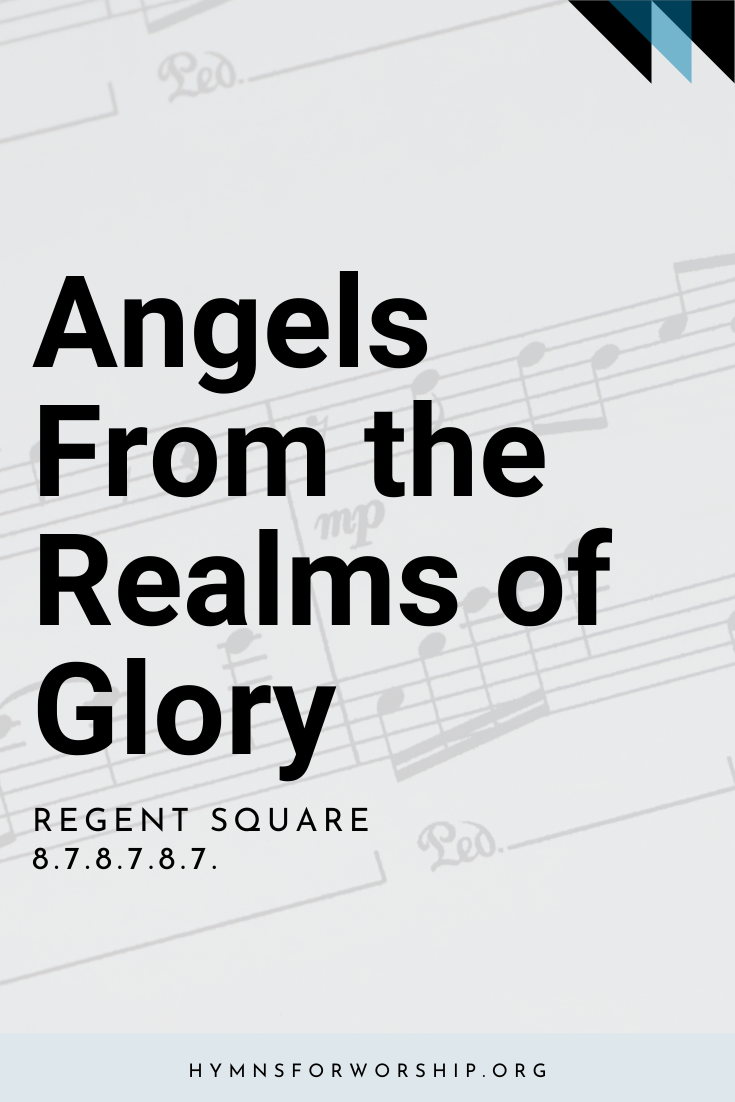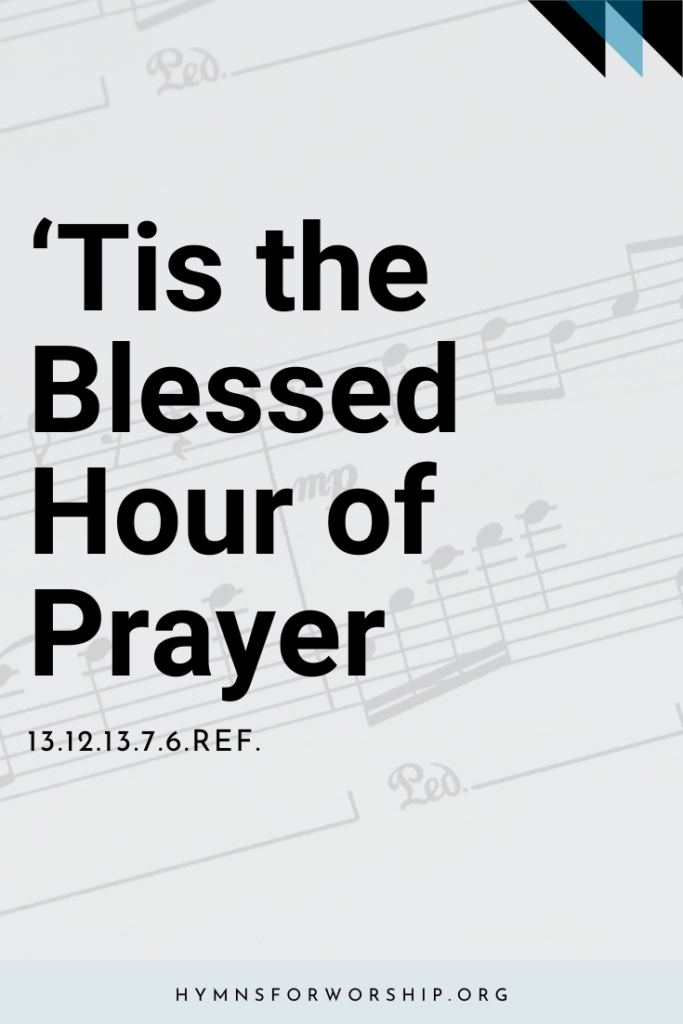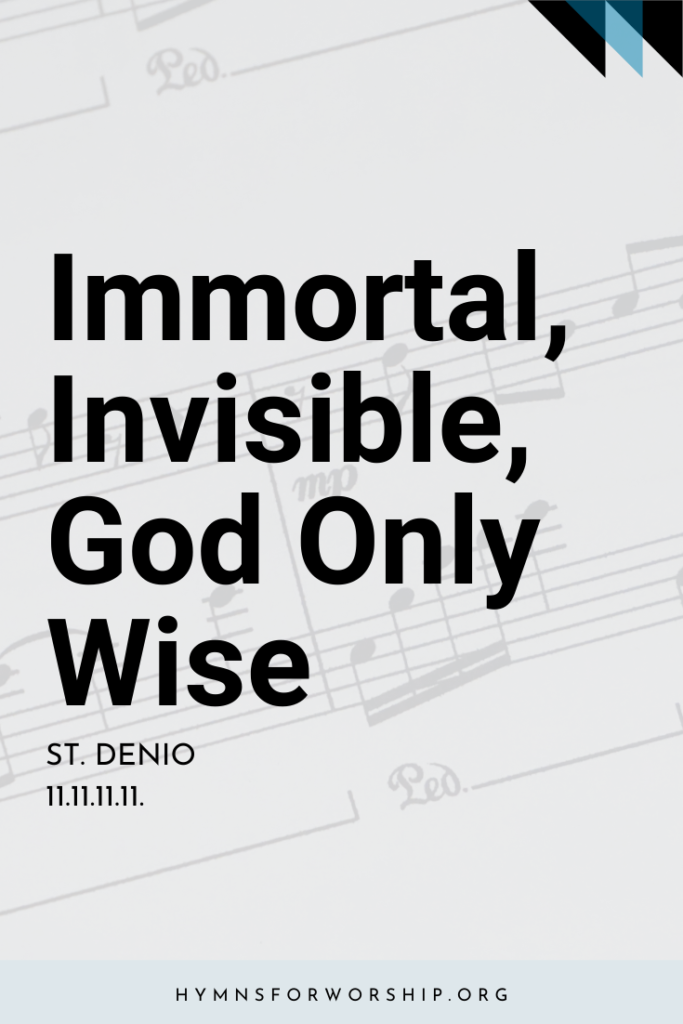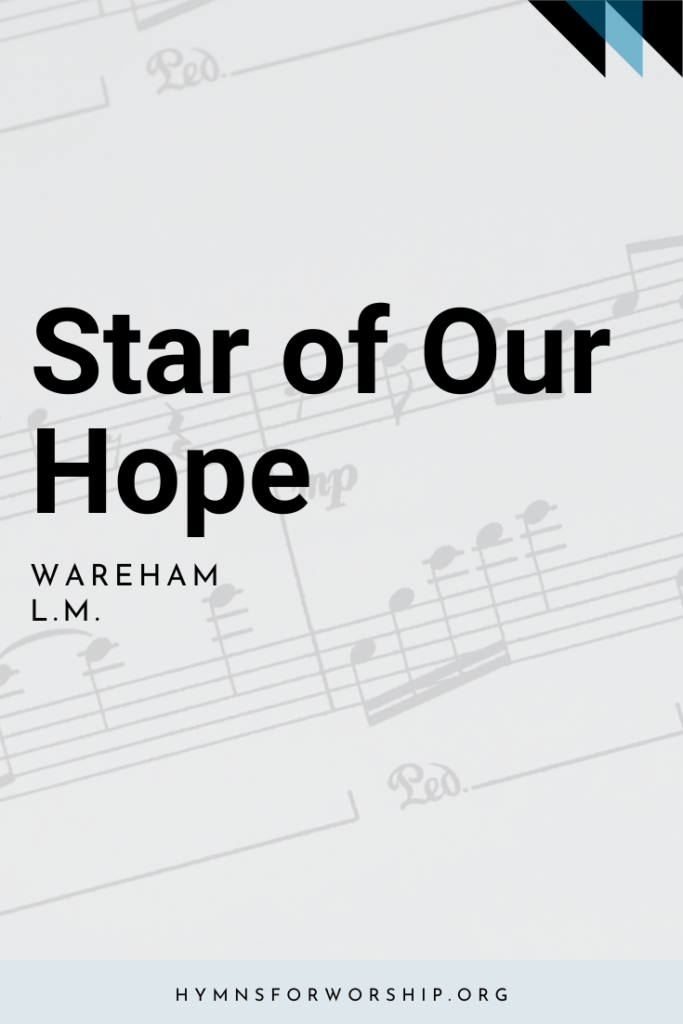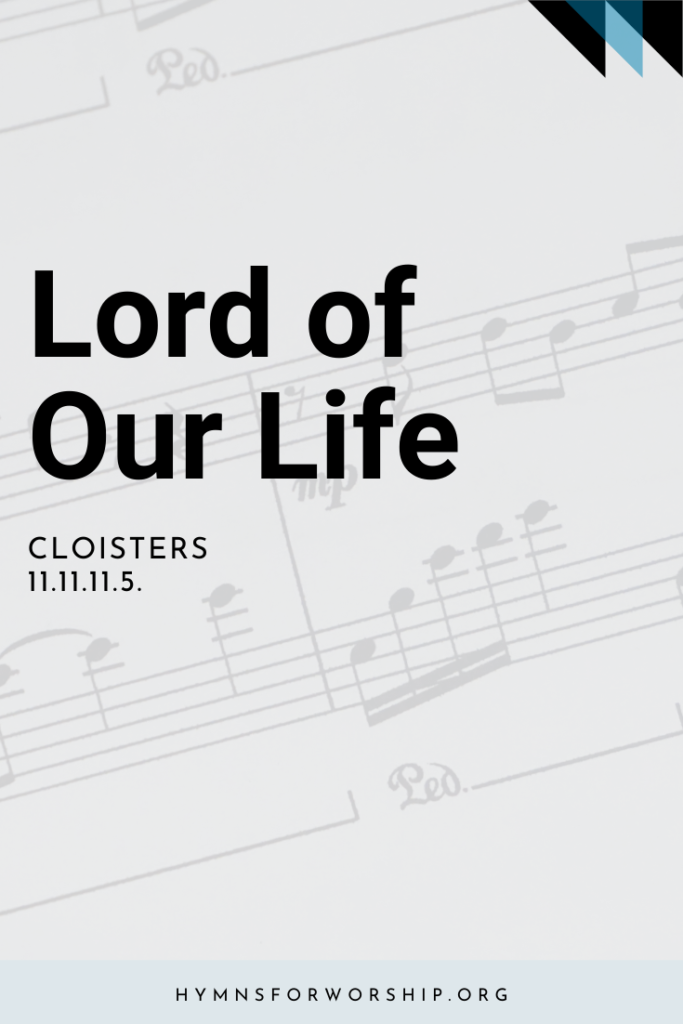JESUS CHRIST >> Birth
SDAH 119
Angels from the realms of glory,
Wing your flight o`er all the earth;
Ye, who sang creation`s story,
Now proclaim Messiah`s birth;
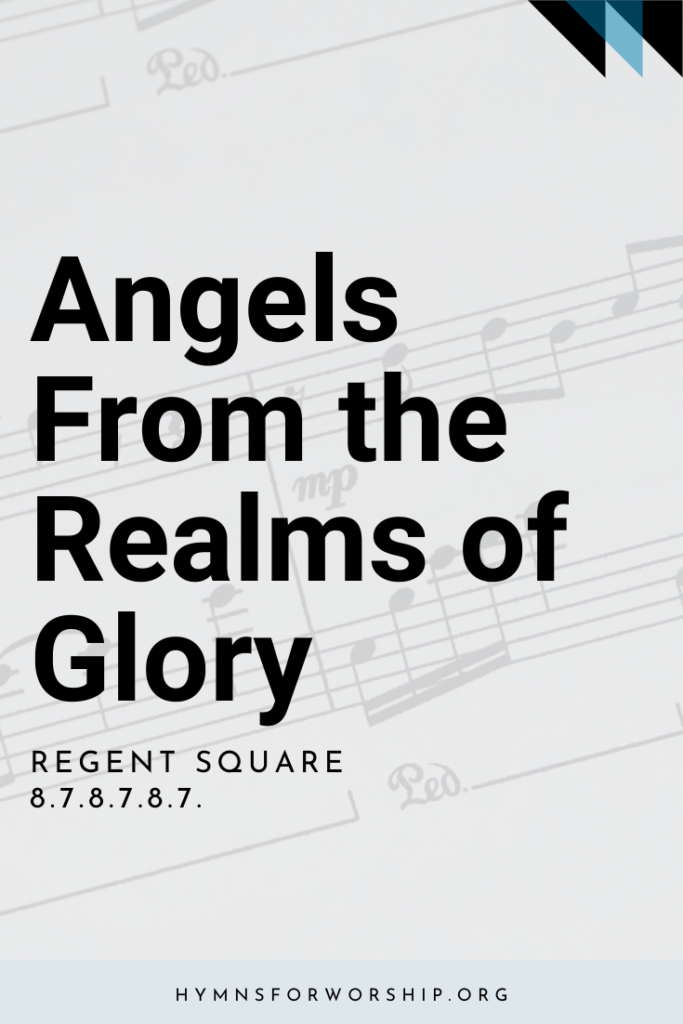
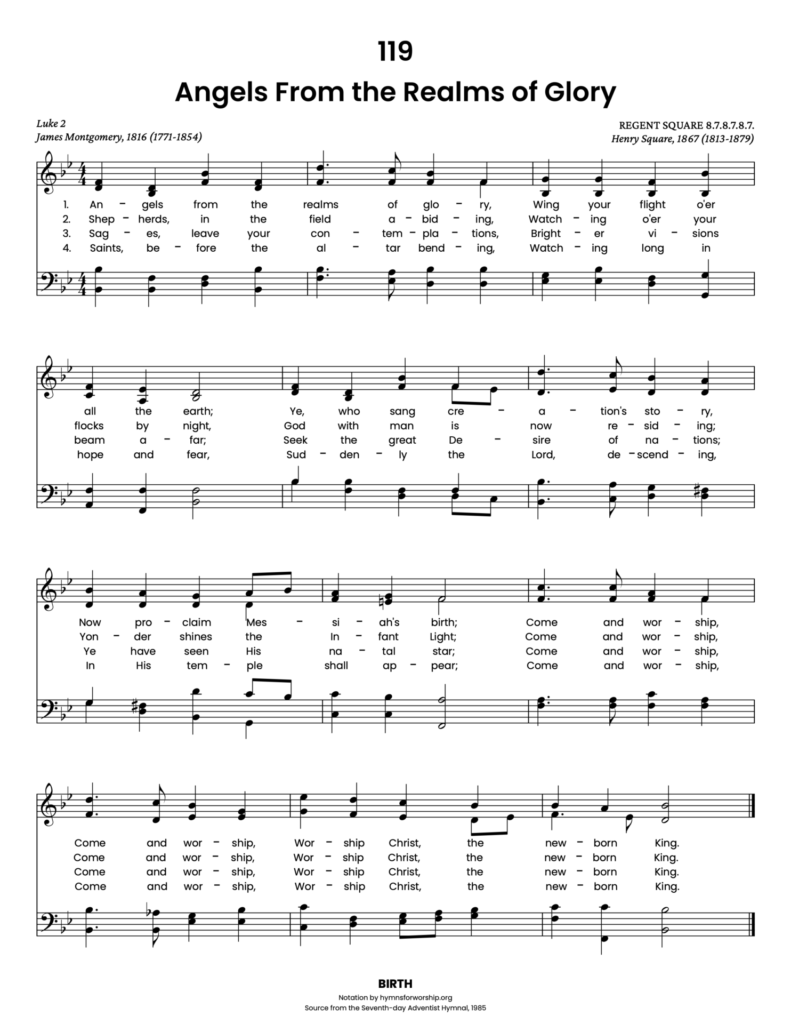
Get the hymn sheet in other keys here
For Worship Leaders
Make each hymn more meaningful with these helpful tools: Short, ready-to-use hymn introductions for church bulletins, multiple ways to introduce a hymn based on your worship theme and in-depth history and insights to enrich your song service.
Hymn Spotlight: Angels from the Realms of Glory
First published in the Sheffield Iris on Christmas Eve 1816, this beloved carol by James Montgomery called on angels, shepherds, sages, and saints to come and worship the newborn King. Originally titled Nativity, it offered “good tidings of great joy” to all.
The regal tune REGENT SQUARE was composed by Henry Thomas Smart, named after the London church where he served as organist. Though Smart became blind later in life, his music lives on in this triumphant pairing of verse and melody.
As we sing, may we, too, come and worship with joyful hearts, echoing heaven’s praise.


Text
1
Angels from the realms of glory,
Wing your flight o`er all the earth;
Ye, who sang creation`s story,
Now proclaim Messiah`s birth;
Come and worship, Come and worship,
Worship Christ, the newborn King.
2
Shepherds, in the field abiding,
Watching o`er your flocks by night,
God with man is now residing;
Yonder shines the Infant Light;
Come and worship, Come and worship,
Worship Christ, the newborn King.
3
Sages, leave your contemplations,
Brighter visions beam afar;
Seek the great Desire of nations;
Ye have seen His natal star;
Come and worship, Come and worship,
Worship Christ, the newborn King.
4
Saints, before the altar bending,
Watching long in hope and fear,
Suddenly the Lord, descending,
In His temple shall appear;
Come and worship, Come and worship,
Worship Christ, the newborn King.

Hymn Info
Biblical Reference
(a) Luke 2:10, 1 (b) Luke 2:8; John 1:14 (c) Matt 2:1, 2; Hag 2:7 (d) Mal 3:1
Author
James Montgomery (1771-1854)
Year Published
1816
Hymn Tune
REGENT SQUARE
Metrical Number
8.7.8.7.8.7.
Composer
Henry Smart (1813-1879)
Year Composed
1867
Theme
BIRTH OF JESUS CHRIST

